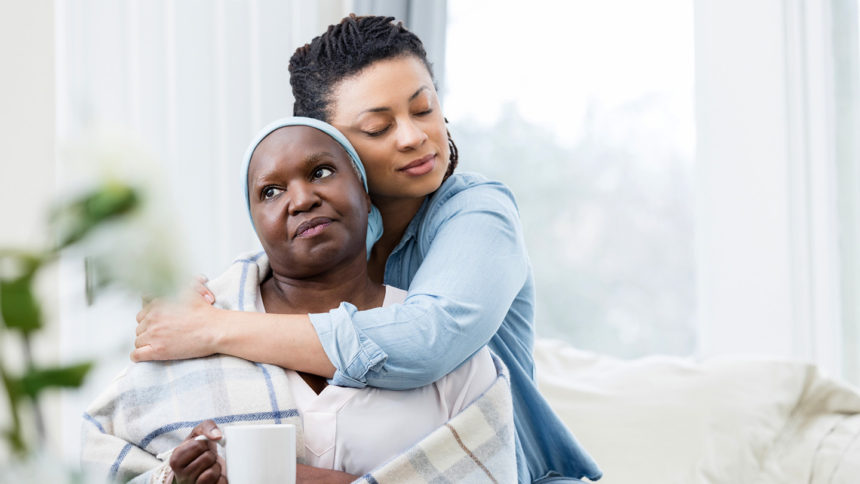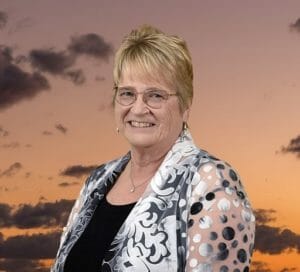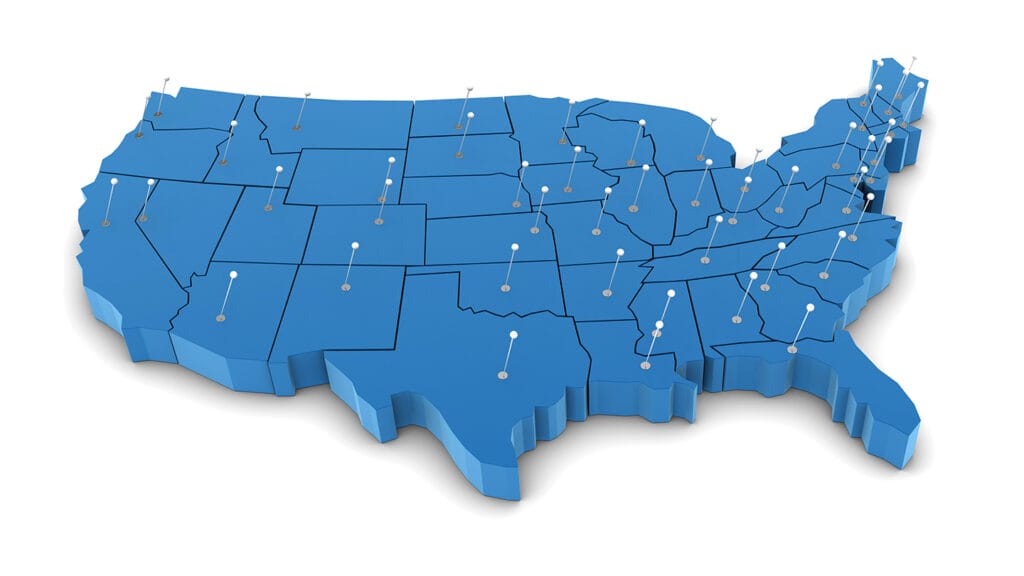
When it comes to end-of-life care, Debra Parker Oliver, PhD, knows a thing or two. She not only analyzes the field as a professor at Washington University School of Medicine in St. Louis, but she also served as a caregiver for her husband, David, while he lived with cancer. This has driven her to fight for a better reality for family caregivers.

“I became more passionate about doing research, because I was more passionate that [caregiving]’s got to be better,” Oliver told McKnight’s Home Care Daily Pulse during National Family Caregivers Month this November.
Much of Oliver’s research focuses on assessing behavioral interventions to enhance the lives of caregivers. According to Oliver, who also is an active member of the American Academy of Hospice and Palliative Medicine, family caregivers do not receive enough support to effectively perform their duties.
“There’s been a lot of research done on caregiving, especially describing how bad it is.” Oliver said. “We know that it lowers a person’s mortality, as compared to those who don’t. We know that caregivers end up with many more chronic diseases than those who don’t do caregiving. And my own research has shown that once somebody enters hospice, 30% of those caregivers are reporting signs of serious or moderate anxiety and or depression. We didn’t have all that data before and caregivers just silently did what they had to do. Well, it’s becoming harder and harder.”
Personal struggle
Because their work is voluntary, family caregivers are prone to a multitude of pressures. They are more likely to experience financial strain because their caregiving may interfere with their day job. Additionally, they bear the physical and emotional tolls associated with giving care. Oliver is no stranger to these challenges herself.
“I knew the dangers and the challenges of caregivers,” she said. “I knew it in my head. But going through it, I understood the heart component. You’re going through a lot of emotions. I put on a lot of weight. I ended up with three chronic diseases afterwards and it’s taken me seven years to get the weight off and get those things managed. Don’t get me wrong; it was the greatest honor and the greatest gift that I could ever give to him. But it just shouldn’t be that hard. And I had a supportive family; not everybody has a supportive family. I had grown children who were very supportive, and it was still hard.”
Oliver also noted that misconceptions have shaped common beliefs about end-of-life care.
“There’s a certain perception of what home and family are, and that isn’t always the case anymore,” she explained. “Homes are not just houses on a block. They may be in RVs, they may be in poor areas, they may not have heat or water. And families are not always ‘traditional’ families that have a mom or a husband and two kids and Mom doesn’t work. So the idea is that we built a program for the dying around the concept that everybody’s home and everybody’s got family that is willing and or able to take care of them. It really limits a lot of people from having access. We really don’t have an institution in this country that’s designed for the dying.”
Help for family caregivers
But for all the troubles facing family caregivers, Oliver has found hope in her own research. One of her more successful projects was moderating a Facebook page in order to facilitate connections among caregivers across the country. Not only does the page stimulate discussion, but it is also a valuable informational resource.
“We have a series of educational, dramatic stories that we use in order to help people understand how do you identify an emergency?” she explained. “How do you make a decision? Should you take someone to the emergency room? What does it look like at the end of life? How do I know that somebody is very near the end?”
These stories stimulate conversation, she said. “The act of storytelling can really help people find meaning in what they’re going through,” she said.” We just finished our analysis and it did reduce depression and we think there’s some things we can do to even have a bigger impact. It starts with assessing caregivers.”
Oliver has a vision of what a supportive hospice and palliative care system could be in the United States.
“If we can get other government agencies to understand how to support people, and that support isn’t just building registries or collecting more data,” she said. “Support isn’t just throwing money at the issue. Support looks like changing a healthcare system to where it actually can help deliver family-centered care, and do little things, things that don’t even cost money. To turn to me at the end of the visit and say, ‘How are you? Or how do you think your loved one is doing?’”
Telemedicine can be a powerful tool, she added.
“Telemedicine can connect people in ways that we’ve not been able to and that’s been what our behavioral interventions have all looked at,” she said. “How do we use technology in order so that we don’t increase the cost of this? Our healthcare system is way too expensive. But if that caregiver goes down, that patient’s going in the hospital or a nursing home and that costs a lot.”
Home Sweet Home is a feature appearing Mondays in McKnight’s Home Care Daily Pulse. The story focuses on a heartwarming, entertaining or quirky happening affecting the world of home care. If you have a topic that might be worthy of the spotlight in Home Sweet Home, please email Liza Berger at [email protected].



